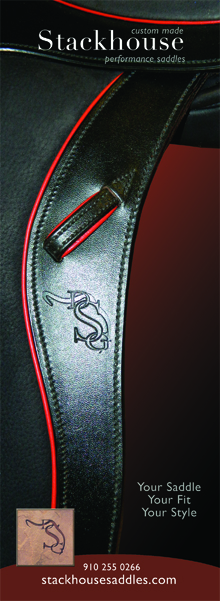Search the Site
Firn's Blog Post # 8
The Dangers of Overfeeding
As an apprentice horse trainer, I've come to the conclusion that one of the most overlooked but also extremely dangerous things we can ever do is overfeed and underwork our horses.
It is the curse of our society, of middle- to upper-class members of the twenty-first century; too much food, too little exercise. Adults get fat; children get hyperactive and unmanageable. And this problem has transferred to our beloved equines as well.
Obesity is a form of malnutrition, just like starvation. The obese horse is at genuine risk of having a shortened, lower-quality life because of his condition; virtually every condition from COPD to arthritis can be worsened by obesity, or even, such as equine metabolic syndrome and heart disease, to a large extent caused by it. The wobbling creature in the pasture might look very nice with his glossy curves and dapples, in fact he is probably bright-eyed and as happy as can be; but just like an overweight human, his life may be at risk. Also, no overweight horse can perform. Nobody would expect someone with a BMI of 37 to succeed in a 100m race, or even survive it. And yet that round squishy pony is supposed to complete a jumping course with a rider on its back without toppling over. He is likely to be uncomfortable, slow, and placing massive strain on his joints and tendons.
However, the clinically obese horse is becoming more and more recognised, with fewer of them around - especially on the competitive circuit - than before. Owners can be applauded for recognising the problem and taking measures to solve it; it is a large problem, a symptom of our age, and beating equine obesity might just give us a little hope that we can beat the human version, as well. So let's talk about the other overfed, underworked horse: the skinny one.
You heard me. A horse can be ribby and still be overfed (and please understand that I use the term "overfeeding" in relation to concentrates only). His feed can also be as corn-free as you please, he can still be overfed. And honestly, an overfed horse is a danger to whichever unfortunate human being has to be the one to get on him and attempt to make him behave.
Concentrates (grain) are an unnatural source of nutrition for the horse. As everyone has probably been told hundreds of times, horses are designed to travel long distances, grazing and browsing on various roughages as they go. Given the choice, horses will spend most of their time eating grass. This is not because they are greedy or because they have a particular fondness for food - it's because that's what they do. It's how they were made. So for most healthy horses in very little or no work - apart from the occasional hard keeper - no grain at all is required. Of course, where unnatural demands are made, unnatural compensation is necessary, so most of our working horses need to have their diet supplemented with grain. That's right - supplemented. Hay and/or grass is best fed ad lib to most horses except for those who are extremely overweight and need the entire diet to be restricted. Not only does increased roughage intake provide more nutrition to the horse, it improves the health of his digestion itself, which all means that he can keep condition on less grain. Grazing is the ideal food for horses. It keeps the weight on without heating them up, prevents ulcers, and provides the vitamins and minerals they need.
If we fed our horses the bare minimum of concentrates necessary for condition and energy levels, we'd make our own jobs a lot easier. But no; horses love grain and we love giving it to them, because honestly, who doesn't love watching a horse tuck into a huge, delicious meal? It's like watching a child stuff its adorable face with a jumbo slice of chocolate cake. The only difference with the resulting sugar rush is that the child is perhaps 60 pounds; the horse is up to twelve hundred pounds and has the very real potential of hurting somebody when expressing his hyperactivity. The number of times I have had a near miss due to an overfed horse losing what is left of its mind is not worth counting.
Fearing the horse will never accomplish anything. However, due to the nature of our sport, it is well worth keeping in mind the fact that horses are very large animals who can forget how strong they are. They don't need to be aggressive to hurt somebody. Injuries are inevitable when working with horses, but everything we do in our management of them has the potential to either increase or decrease the risk. And overfeeding is one factor that is frequently overlooked, but can be extremely dangerous. Nobody wants to own the horse that hurts someone.






